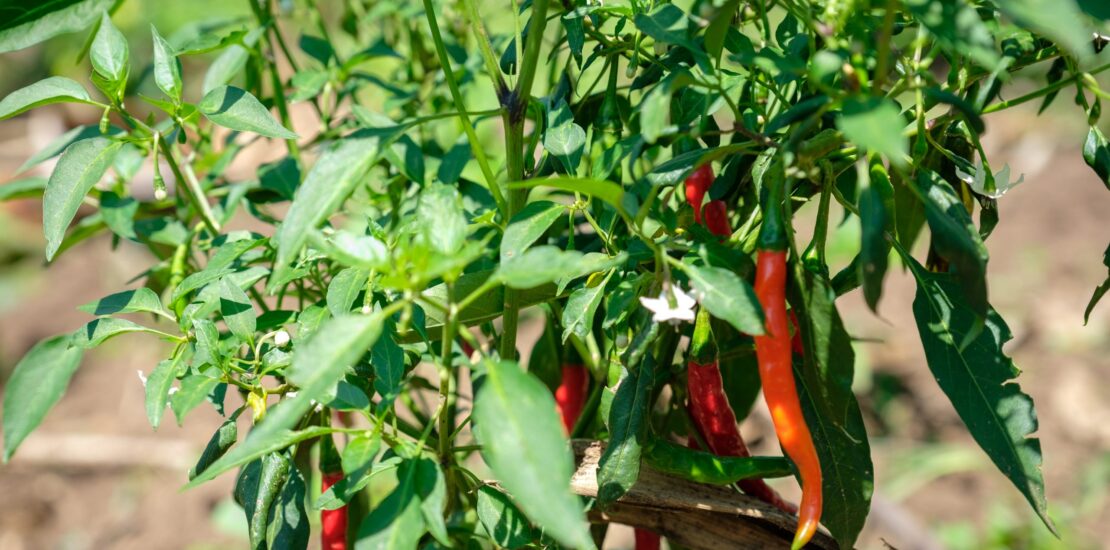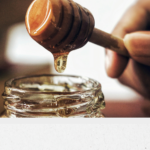Important amendment to EU Plant Health regulations affecting exports of chillies and peppers (Capsicum)
- 26/10/2017
- Posted by: Gaetan Dermien
- Category: Capsicum, Chillies, News

Until the new European Plant Health Regulation comes into force in December 2019, the application of existing EU rules is being reinforced. This has implications for third countries exporting to the EU, including the African, Caribbean and Pacific (ACP) states.
On 15 July 2017, the European Commission published Implementing Directive 2017/1279, which sets out important new plant health rules affecting ACP exports. These rules require additional measures for the control of four new quarantine pests, including False Codling Moth (Thaumatotybia leucotreta) on Capsicum (including hot pepper).
The new rules will apply from 1 January 2018, but measures need to be taken now in order to prepare for them.
More details are provided in the link below, but in summary, it is urgent for the authorities in the countries affected to:
- Collect pest data to evidence the effectiveness of control methods being used by growers
- Compile a dossier on the methods used, and data on its effectiveness, and submit to the EU authorities before 1st January 2018
- Inform Capsicum growers and exporters about the regulatory changes. It is critically important that they are aware of the new Directive so that they can take appropriate action and decisions on their future production plans, investments, and markets.
The example of False Coddling Moth illustrates that it is critically important for each ACP country to have a national capacity to respond not only to the challenges of the new European plant health regulation, but also to the more stringent application of the rules currently in force.
The Directive specifies Capsicum exported to the EU from Africa, Cape Verde, Madagascar, La Reunion, and Mauritius. These countries are known to have established populations of False Codling Moth (FCM), and there have been historically high numbers of interceptions on hot pepper. From 1st January 2018, producers in these countries will only be able to export Capsicum to the EU:
Either
- from an area of the country or a place of production that is designated to be free of FCM. This designation must be issued by the National Plan Protection Organisation (NPPO) and according to international standards (IPPC Guidelines). In addition, the production sites must receive official inspections during the growing season to confirm the FCM-free status
Or
- If the produce is given an effective cold treatment (or other effective treatment), that ensures it is FCM free. The method used must be indicated on the plant health certificate, and be communicated in advance to the EC.
On 4th August an addendum to the Directive was issued through the WTO (G/SPS/N/EU/196/Add.1). This can be searched using the link: http://spsims.wto.org/. The addendum requires countries concerned to send details to the EC describing the treatment that has been applied to the fruit, together with evidence of the effectiveness of this treatment. This dossier must be sent to the European authorities ( SANTE-G1-PLANT-HEALTH@ec.europa.eu ) before 1st January 2018.
The treatments outlined will be assessed by a committee of EU experts; if they accept the treatments as effective, exports can continue. However, if they reject the treatments applied, or if they do not receive the dossier by 1st January, Capsicum imports from the countries concerned will be rejected.
No guidance has been provided by the European authorities on the treatments that are likely to be acceptable. Cold treatments are mentioned in the Directive; this is a method used on citrus, but little information is available on its suitability for use on Capsicum, in particular its impact on quality and shelf-life. COLEACP is organising trials to investigate this as soon as possible. Some countries are growing Capsicum in net houses, to create a barrier that excludes FCM from the crop. The NPPOs in these countries must collect pest data (according to IPPC Guidelines) to give evidence to the EU authorities that this method is effective.
For more information or additional request please contact COLEACP at info@coleacp.org




![EU and GB approval changes (January-May 2024) 9-FFM+-[ENG]](https://news.colead.link/wp-content/uploads/2024/06/9-FFM-ENG-150x150.jpg)